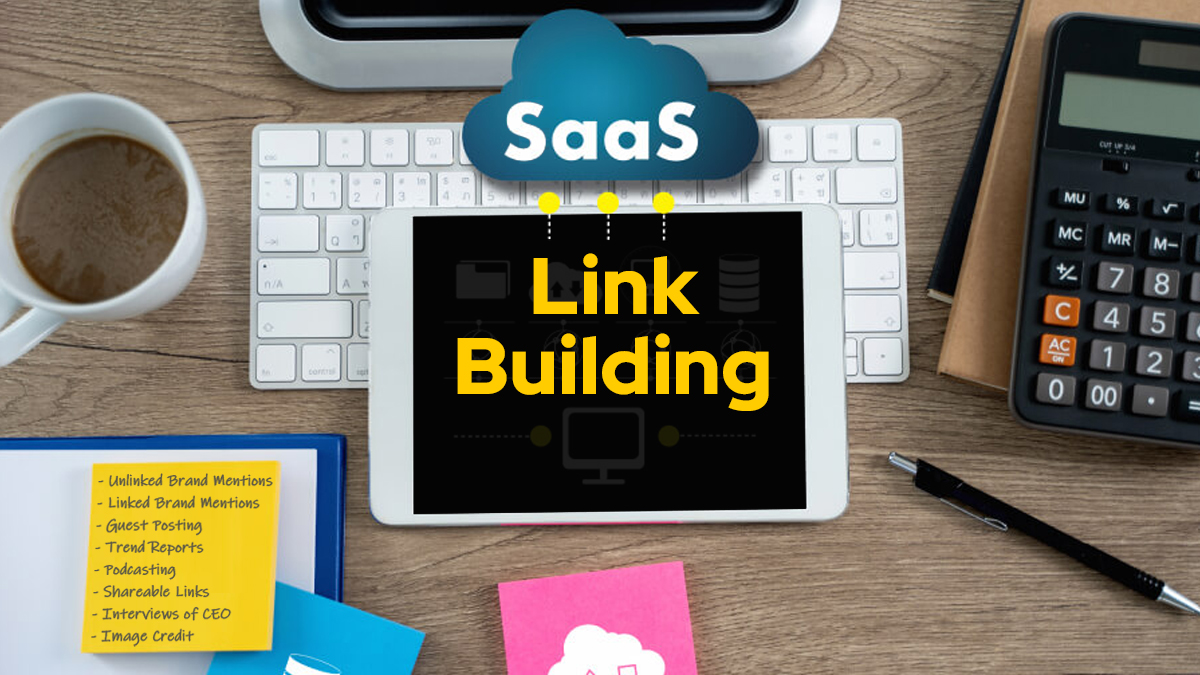In link building, it’s important for the links to be relevant to your website. This is important for improving your website’s search engine ranking and for increasing the chances of other websites agreeing to link to yours. Google keeps changing their system to better understand what matters for SEO.
This includes how they look at links. If you work in SEO or handle link building for a business, it’s a good idea to learn more about link relevance. The ways you used to get links in the past might not work as well now.
Google is focusing on relevance, so using old tactics won’t work as well in the future. If you want your next campaign to be successful, it’s important to update your strategy to make sure it’s relevant. This post explains what it is and why it’s really important for the future of SEO.
What Does Link Relevance Mean?
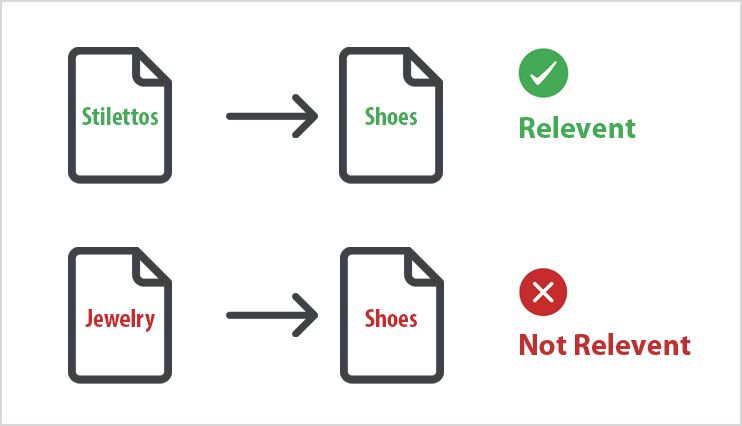
Link relevancy means how helpful a website is when they link to your website. In simple words: You want links from websites that are related to you. For example, an SEO blog doesn’t need to have many links about car parts, and an automobile website need not link to a website about SEO.
This signal is used by Google for both single links and all the links pointing to your website. Google thinks it’s important for your links to be relevant for a few reasons.
- It helps Google understand what your business is all about, like what industry you’re in and what products and services you offer
- It stops bad link building from unrelated websites to your own
- Google can analyze how important a link is by looking at the connection between different websites and web pages
This is how the four relevance categories work:
- Domain to Domain: Your groceries site is somewhat related to a garden site.
- Domain to Page: The review of the best fruits for winter on the garden site is very important for your website.
- Page to Page: The review of a vegetable on the garden site that links to your page about the same product is very important.
- Link to Page: If the link fits in well with the rest of the information on the page, or if it was put there just to try to improve search engine rankings.
These four levels of importance help us to use better measurements to see how valuable a link is. It also shows how we build links now and in the future.
Importance of Relevant Links in Link Building
The reason relevance is important for link building is because Google pays a lot of attention to it when it comes to backlinks in their algorithm. Links are very important for SEO and have been since Google began. However, the way search engines evaluate links’ quality has changed a lot.
Google changed its rules to be more careful about the kinds of links it allows, to stop people from using bad links to cheat the system. A natural link is when someone likes your stuff enough to put it on their own website.
In brief, when you create links to your website (or someone else’s website), you should consider these questions:
- Can you share the link with your client, coworkers, or boss?
- Can you share this with an SEO expert to show them what you can do?
- Will you share it with your friends, family, and people who visit your website?
If you feel like you need to keep the links you receive a secret from Google and other people, then that’s a sign that the link might not be good. This is what Google’s algorithm tries to do when it looks at how good a link is. That’s why it’s important to focus on relevance when building links.
Ultimately, it’s about building trust with Google by having strong links. When a link is not very relevant, Google thinks it might be a bad quality and not natural. This will not help your site’s search ranking and it could get your site in trouble.
Reputable SEO service providers prioritize link relevance as a fundamental strategy to improve site visibility and authority in search engine rankings.
Tips to Get Good Relevant Links
Most people who work on improving website visibility want two things: good links from important sites and to show up high in search results. Knowing which backlinks are important can help you get the most out of them.
There are a few ways to make your links more related to what you’re promoting, so you can get better results from your link building efforts. You should carefully think about being relevant in every part of your plan. This means you should think about whether a link is helpful for users at every stage of the process:
- When you look up websites and ways to reach out to people
- When you write content to get links naturally and for posting as a guest
- When you create the technical parts of your links, like the anchor text
Do you want to make your links more relevant? Here are a few tips to improve your link building strategy right away.
Reach Out to Relevant Websites
One of the best ways to get really good links is by reaching out to others. However, there is a sad fact: Just 8.5% of emails sent by bloggers asking for backlinks get a reply. With low hit rates, it’s important to reach out to sites that are related to your topic so you don’t waste time.

The aim is to find other websites that are similar to yours and willing to link to it. You can do this by searching for them yourself or using tools to help. For doing research on your own, you can look up your industry or niche word and different ways of asking for links. Here are a few ways you can do it:
- Trekking gear + reviews
- Cooking tips + guest posts
- AC cleaning + blogs
This method helps you find websites that are related to your specific topic. However, you still need to look at all the results you find to make sure they are a good fit for your website.
Every website needs to be carefully reviewed before it can be approved. Besides the cost, you should also be looking at these link building metrics for each potential option:
- Relevance: the website is a good fit for yours
- Quality: having a good level of authority in a specific niche
- Backlink profile: Check the links that lead to your website are not harmful. If the links are bad, it could cause problems for your website
To be relevant, they should be in the same category and have some of the same audience.
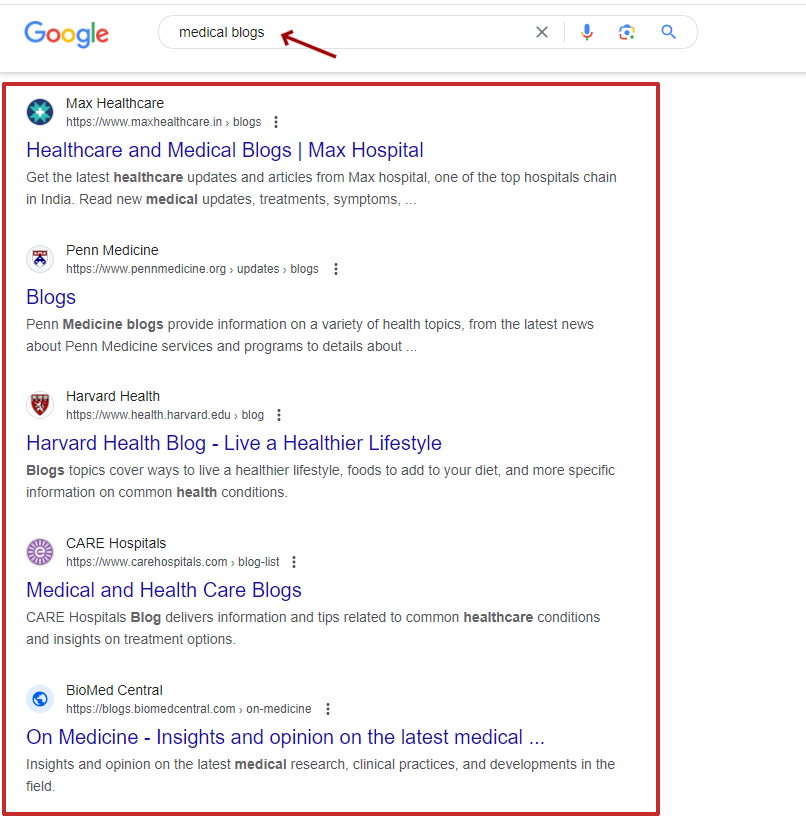
However, they don’t need to have the same purpose, for example, you shouldn’t reach out to competitors. You are looking for websites that do different things.
If you have things to sell, you can try to get your products reviewed on websites that talk about them. If you write about your specialized area, you can reach out to websites that have similar content and might be looking for expert opinions.
A good example is a doctor who contacts a blog that gives health advice. If they allow it, you can write different articles for them giving simple health tips to patients. A bad example of relevance is when beauty firms try to send self care articles to a financial blog.
Also Read: Crafting a Winning Natural Links Profile
Create Useful Content
Google prefers links that are obtained naturally. When another website links to your content or products because they like it. The reason these links happen is because you have proven to be reliable and knowledgeable. That’s nice, but it’s hard to get natural authority links.
Using content marketing and social media can be helpful. A study by SEMrush found that 77% of people said their company had a plan for content marketing. It all comes down to having really good and related content on your website. The content should help people by answering their questions and fixing their problems.
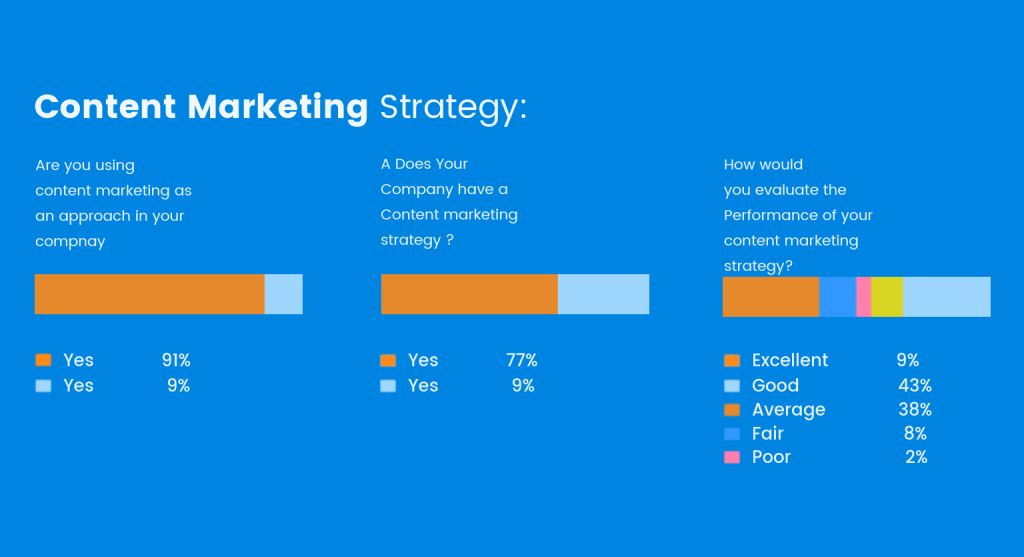
If you do things correctly, more people will share and include links to your website and your content. They might want to ask you to write a quote or article to share your knowledge. These are the top links to have for your SEO because they are completely natural and don’t require reaching out to others.
If you have a restaurant, and you want to write great content to get other websites to link to yours, here are some good ideas for writing content for your website:
- 10 Best Italian dishes
- What italian desserts are best for dinner?
- 5 table manners everyone should know
- How to find local italian restaurants easily when you travel?
Instead, you can also try using Ahrefs Content Explorer. Look for your keyword or topic, choose the “In title” filter and organize the results by referring domains. This will help you find similar and popular content on your topic that is being shared online, so you can make your own improved version.
You need to stay focused on writing content that is related to your specific area of expertise and not stray from it. Imagine the dentist office we talked about earlier. It is a good idea to write information that answers people’s questions and worries about dental health and products.
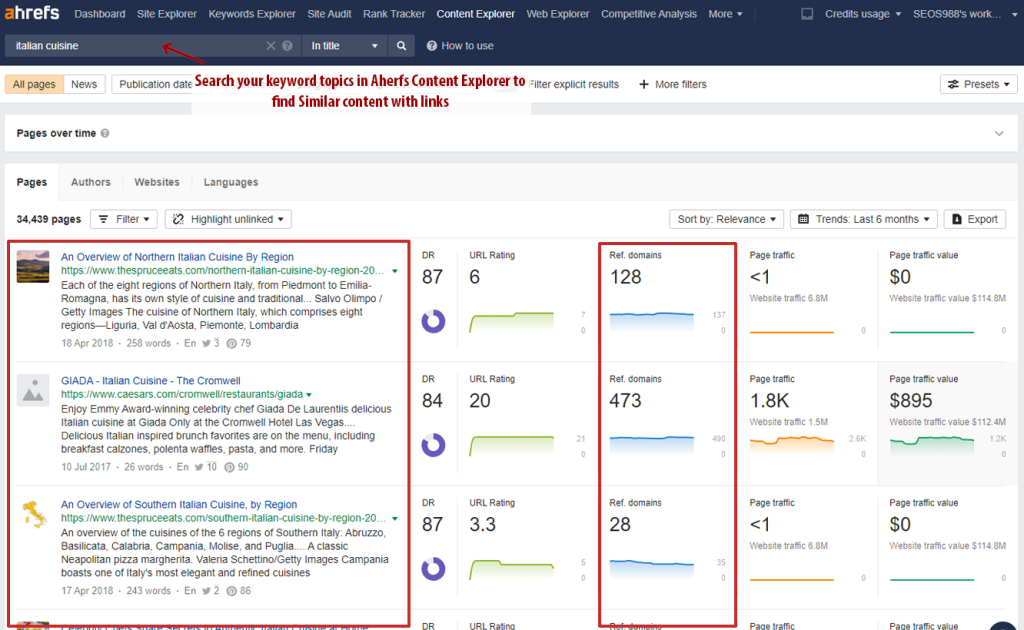
But writing about fun things like sports, TV shows, video games, or anything else that’s entertaining doesn’t really seem logical. Yes, you might get a high position for some easy keywords and receive some links, but these are not the backlinks you are looking for. They won’t be important.
It’s important to remember that your content can come in different forms, some of which are more likely to be shared and linked to. This includes things such as:
- Infographics
- Videos
- Guides
- White papers
- Information packs
Optimize Anchor Text
Make your links more relevant to improve the words used in the link. When you see a word or phrase that is underlined and in blue on a web page, that is the anchor text. The main goal of anchor text is to give a clue about the page being linked to.
Let us say you have a food blog and an article about how to make tomato soup. You want links from websites with clear and descriptive words that describe the link. If you put the page into Ahrefs, you can see the words that are linked to from other websites.
This shows how the anchor text is made relevant and improved for better use. The words tomato soup will be in it. However, it would be more helpful if it had the complete keyword: how to make tomato soup?
This is a bad example of anchor text that is not optimized well. Instead of saying the recipe, the anchor text just says “tomato soup”. This is not very clear. The issue with anchor text like that is that it doesn’t show what it is linking to. It’s not relevant.
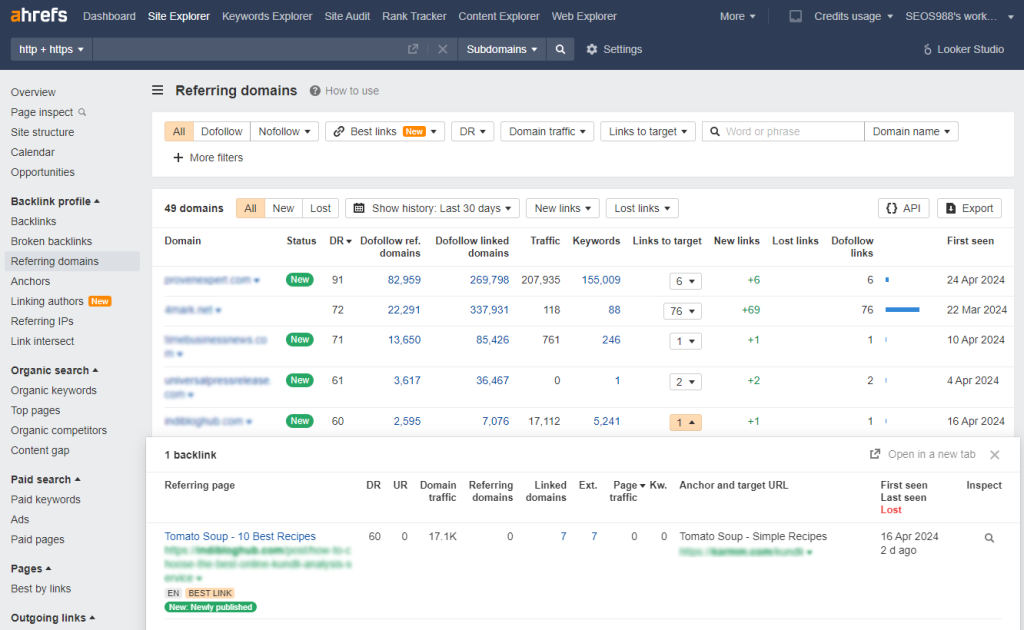
The problem is that search engines like Google use anchor text to know if a website is relevant. People usually describe a web page with natural-sounding words when they put a link to it. It’s just how people naturally behave.
When you ask a website for a link, be sure to ask for the specific words that will be the link.
Here are some helpful tips for making the text in your links work better:
- Briefly describe the page that you are linking to
- Use keywords that match your page content, but don’t use them too much
- Mix the words in the anchor text of your backlinks so they are different

Those last two points really matter. If you use the same words for all of your links, Google might think it is spam and punish you. Just make sure to stay on topic and use specific details. Then you’ll discover different ways to use the keywords you want to focus on. Remember, you can find great links by looking at the websites that link to your competitors.
Build Broken Links
Broken link building is a way to get more people to put links to your website by finding and fixing broken links on their site. The process has three important steps: finding, reaching out, and replacement. Start by finding broken links on well-respected websites in your industry or area of focus.
This can be done by using different tools or browser add-ons that check web pages for broken links. After you find broken links, you reach out to fix them. Contact the person who owns the website and tell them about the broken link. Offer one of your own pages to put in its place.
It’s important to show how valuable and important your content is, so they will want to add your link instead. If the owner of the website agrees to put your link in place of the broken one, they will change their content to include your link. This gives you a useful link to your website.
Broken link building is helpful for both parties: the website owner fixes their broken link, making their website better for users, and you get a good backlink that improves your website’s authority and performance in search engines.
Also Read: The Do’s and Don’ts Of Link Building
Do Guest Blogging
Research good websites or blogs that let people write articles for them and are read by the people you want to reach. It’s important to check the website’s popularity, who visits it, and the quality of its content to make sure it fits with what you want to achieve.
Contact the website owner, editor, or content manager with a unique idea for a blog post. Show them what you know and how you can help their audience. Tell them some ideas for posts you could write for them. Do your homework on successful blogger outreach.
Developing a real connection and showing what you know and how professional you are can help you get chances to write for other sites. If your idea is approved, make sure to create really good, interesting content that fits with the website’s audience and rules.
Include appropriate links to your website in the content in a way that adds extra helpful information for readers. Businesses can build trust, reach more people, and get important links from respected websites by writing for other blogs as a guest.
Harvest Unlinked Mentions
Harvesting unlinked mentions means finding places where your brand, products, or content are talked about online but not linked to your website, so you can get those links. This method has three main steps: monitoring, reaching out, and getting links.
Monitoring using tools like Google Alerts, or social media platforms to keep track of when people mention your brand online. These tools will tell you when someone mentions your brand online like in articles, blog posts, social media or forums. Once you find the unlinked mentions, you need to reach out to them.
Contact the person who mentioned your brand on their website and ask them nicely to add a link to your website to give you credit. In your message, show how your website or content can be helpful to their audience. Offer to give more information or resources if they want.
If the owner of the website says yes to putting the link, they change their content and give you a useful link to your website. Collecting unlinked mentions helps you increase the number of websites that link to your brand. This makes your website more popular and helps it to appear higher in search engine results.
To Conclude
For many years, search engines like Google have been making their algorithms focus more on showing relevant results. And it looks like they won’t be changing that anytime soon. This is very true for link building, which has been crucial for SEO for a long time.
When making a plan to build links or thinking about hiring someone else to do it for you, it’s important to focus on what Google wants. This means focusing on websites in the same industry as yours, creating good content that relates to your business, and improving the anchor text.
This will help your plan to be successful. Whether you want to make your website show up higher in search results, get more good quality links, or improve your online visibility in your local area, being relevant is the key to success.
FAQs
How can I check if a link is relevant to my site?
A relevant link is a link from a website that has similar content to your own website. You can figure out if something is relevant by looking at things like what it is about, where it is placed, and if it matches the theme of the pages it is linked to.
How can I get relevant links from other websites to mine?
There are many ways to get relevant links. You can make good content that people want to share, write articles for other websites, join industry forums and social media, and reach out to websites that talk about your brand or industry.
Can I purchase relevant links to help my website rank better on search engines?
No, buying links is not allowed by Google’s guidelines and can cause your website to be penalized and perform poorly in search engine results. Instead of paying for links, concentrate on making really good content that other trustworthy websites in your field will want to link to on their own. Developing connections with other website owners and using fair methods to create links are better ways to get relevant links that will last.
How do inbound and outbound links help with making good linking strategies?
Both inbound and outbound links are important for good linking strategies. Outbound links give your content credibility by referring to trustworthy sources, while inbound links from related websites tell search engines that your content is good, helping your website’s SEO.
What is the purpose of anchor texts in linking?
Anchor texts are important for showing the topic and importance of the linked content. By using specific words and phrases in the links that match the page they lead to, it makes it easier for people and search engines to know what the page is about. This makes the link more useful for SEO.







